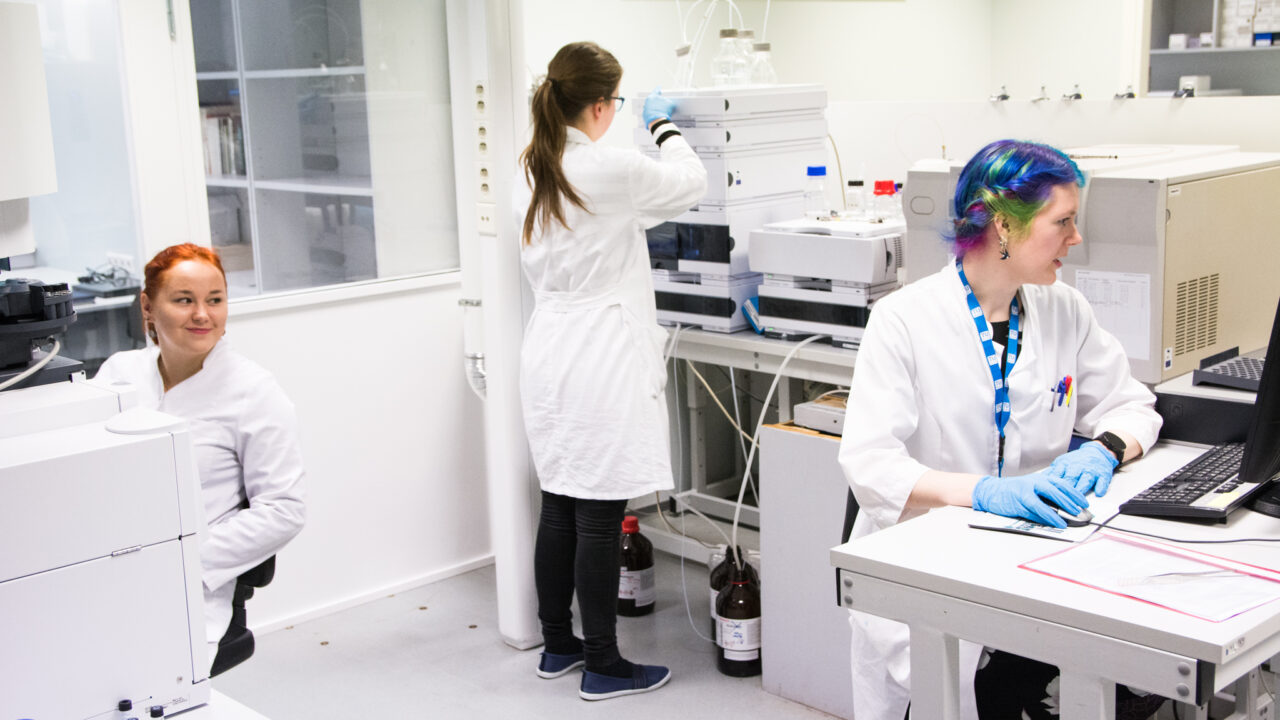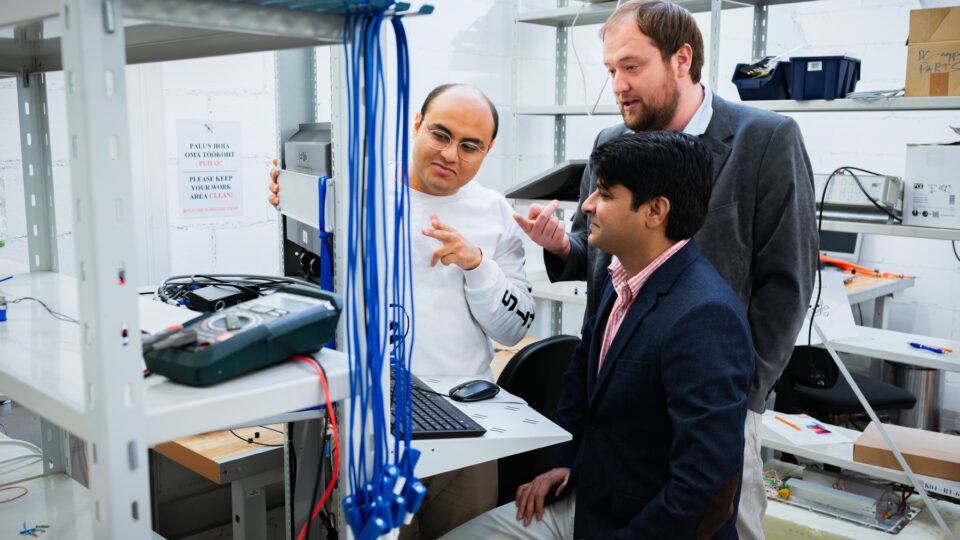Science is inherently paradoxical: both simple and complex at the same time. Its aim is simple – to improve our understanding of the world and, through that, how we function within it. On a theoretical level, science strives to reach ever greater clarity about the laws governing reality and the organisms operating within it – primarily, of course, human beings. On a practical level, science seeks to simplify how these organisms navigate reality, aiming to make human life easier, more comfortable, safer, and more resilient. This goal is not difficult to understand or envision.
What makes it complex, however, is the fact that the more science learns about the world and the more it intervenes based on that knowledge, the more complex the world reveals itself to be. On a theoretical level, this leads to the realization that behind one phenomenon, others may emerge – and behind those, yet more. These are all interconnected, yet each with its own distinct nature.
The depth of knowledge and the appeal of simplicity
Scientific knowledge is a bit like Estonian grammar: full of rules and exceptions. On a practical level, the increasing complexity of knowledge leads to specialization among those who work with it. The more we know, the deeper the specialization. Specialists create highly effective yet intricately structured artefacts or practices, whose broader significance is expressed only in their impact – and even that impact often goes unnoticed. For instance, if a scientific team improves the composition of asphalt, making it more durable and environmentally friendly, the people driving or walking on it may not perceive the impact of such a significant innovation in any way.
This process has many social consequences. In practical terms, it means that a large part of the population does not understand much of the knowledge or the artefacts that affect and sustain our lives – their background and essence are grasped by specialists in the field (who, in turn, may not understand the background knowledge of another equally specialized domain). In the past, anyone could operate a pantry, but today, if a refrigerator breaks down, everyone – except refrigeration specialists – is at a loss.
Yet the more serious consequence lies in a process currently unfolding here in Estonia as well. People have begun to reject increasingly complex knowledge with a strong, emotionally charged longing for simplicity.
A good example is medicine, where treatments and methods are based on scientific discoveries and testing, yet their practical application can seem daunting to the average patient, who hopes for quick and simple solutions with minimal side effects. Against this backdrop, all kinds of alternative approaches that appeal to emotion can seem attractive – with their core promise being simplicity: a single substance, a single practice that supposedly cures a wide range of health issues. Interestingly, such practices often attempt to associate their claims with scientific legitimacy.
Opinions are eclipsing knowledge, oppositions are pushing out nuance. That’s why it is increasingly important to uphold perspectives grounded in knowledge.

The longing for simplicity extends into politics | Photo: Alex Shuper/Unsplash
The desire for simplicity reaches into politics, where political visions offering overly simplistic solutions to complex societal issues – such as restricting the rights of certain social groups – are increasingly gaining resonance. In this context, simplicity often, unfortunately, equates to inadequacy.
A knowledge-based approach to emotion
Amidst this inadequacy, the societal role of scientists and experts working with ever more nuanced knowledge becomes increasingly significant. In the public sphere, the emotionally charged appeal of simple solutions often excludes the kind of nuanced, complexity-aware discussions that reality demands. Opinions are overshadowing knowledge, and polarisation is displacing nuance. That’s why we need knowledge-based perspectives more than ever.
Scientists, of course, have the option to remain within the bounds of their own disciplines – deeply engaged in the specific nuances of their field. This enables them to participate in society indirectly, through their research and innovation. But it is equally important to maintain a visible presence in public discourse and to continuously affirm that nuanced, expert-based thinking and practices – rooted in increasingly complex data – do indeed exist across broad domains. More than that: we need to amplify the awareness of how they exist, how they influence society – because no laboratory operates in a vacuum.
The current wave of longing for simplicity is a strong counterreaction to the growth and layering of knowledge. In light of their core mission, scientists appear to have an increasing responsibility to seriously engage with this response.

Top-level research at TalTech’s analytical chemistry lab provides significant support to industry | Photo: TalTech
Of course, participating in the public sphere is no easy task – increasingly complex knowledge challenges even our everyday use of language; it raises the question of how to speak about disciplinary complexity in ways that are widely understandable. Is that even possible? One answer might be that this possibility should be constantly tested in practice. Language emerged to reflect the empirical, directly experienced world – science often goes beyond that, which means we still have to invent a language capable of communicating realities that transcend sensory experience, without overwhelming the average reader. But such a language can only be invented through the ongoing involvement of those working with these realities.
At TalTech, where questions focused on the (near) future – such as the green transition, environmentally conscious economics, artificial intelligence, and the role of engineering – are increasingly in the spotlight, there lies great potential to help bring about a major societal shift. This shift could be as significant as the agricultural or industrial revolutions in history – a mental transformation; a new understanding of the world as a layered, dynamic, biodiversity-rich environment, governed by many interrelated variables, where the key to solving problems lies in approaching emotions through knowledge, not knowledge through emotions.
This requires replacing affective rejection and compartmentalization with attentiveness – a cautious but consistent and open curiosity that reaches beyond the bubble of one’s own specialized knowledge, where it’s often too convenient to ignore other areas of expertise. The current longing for simplicity – flat earth theories, extremism, alternative medicine, distrust or hostility toward innovation, and the conspiracy theories that stem from it – represents a strong counterreaction to the expansion and layering of knowledge. In light of their core mission, scientists appear to have an increasing responsibility to seriously reflect on this response. And to do so with the same focus and sensitivity to nuance that they apply within their own disciplines.




